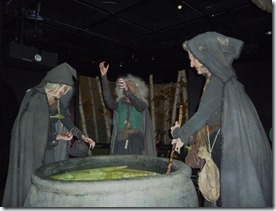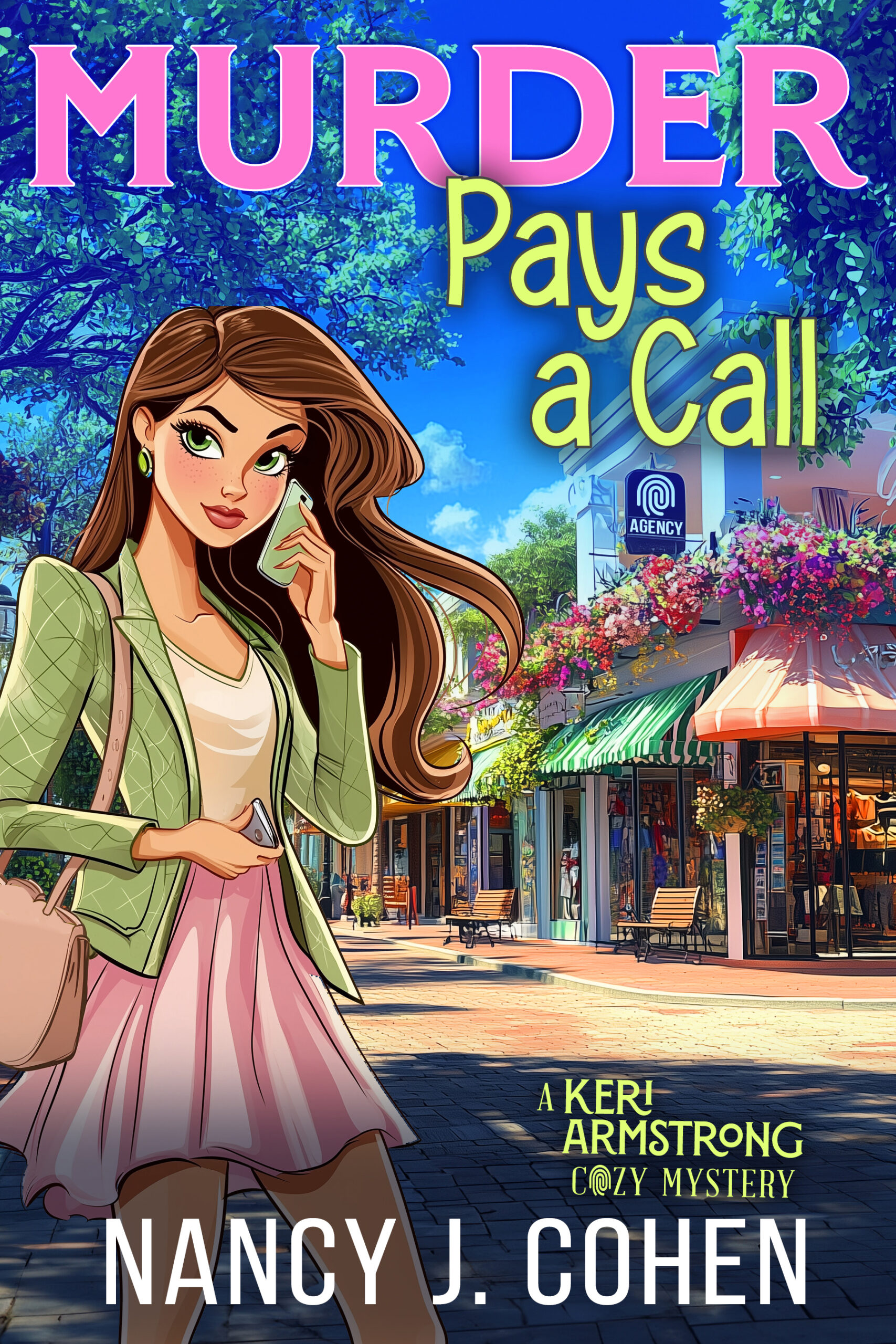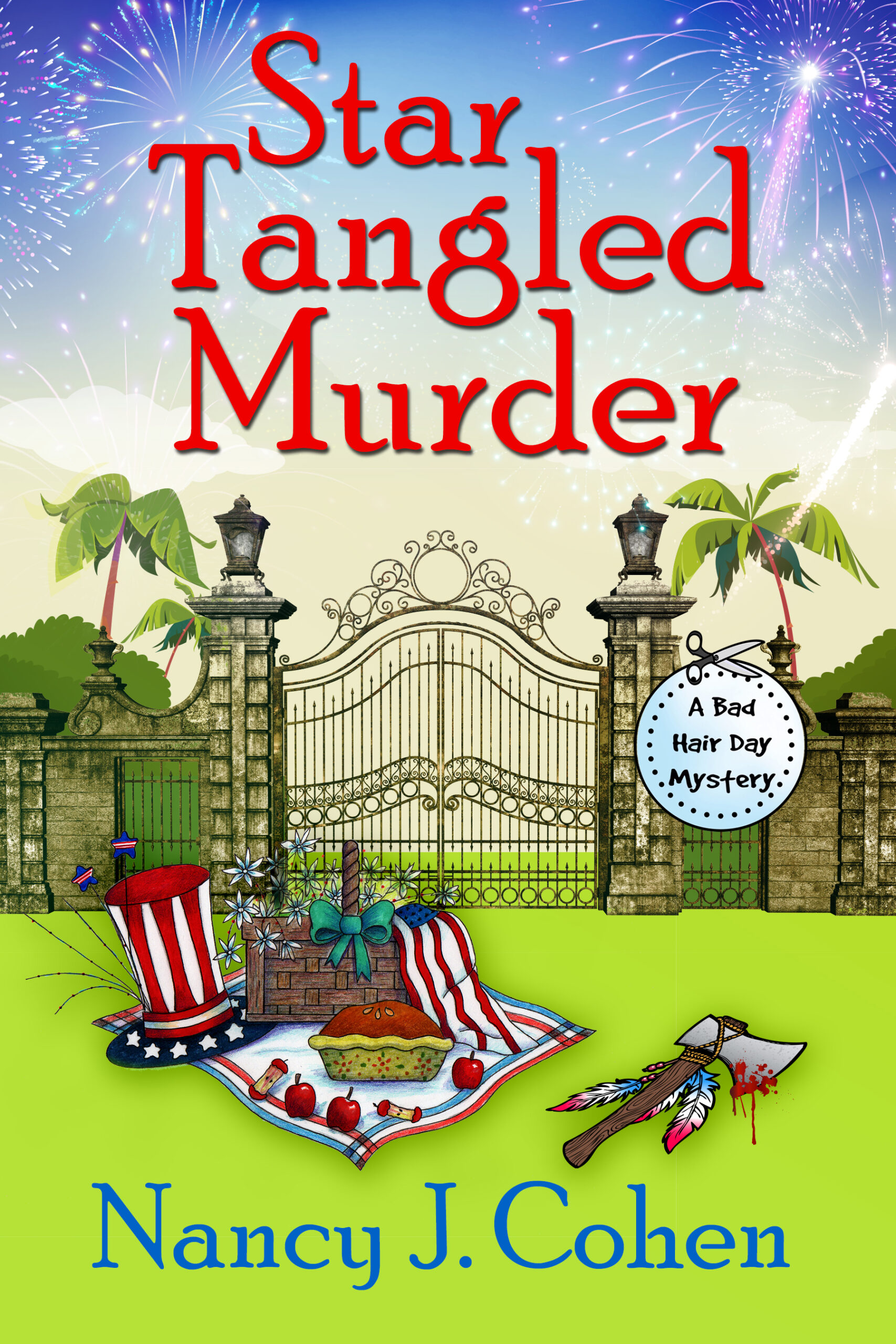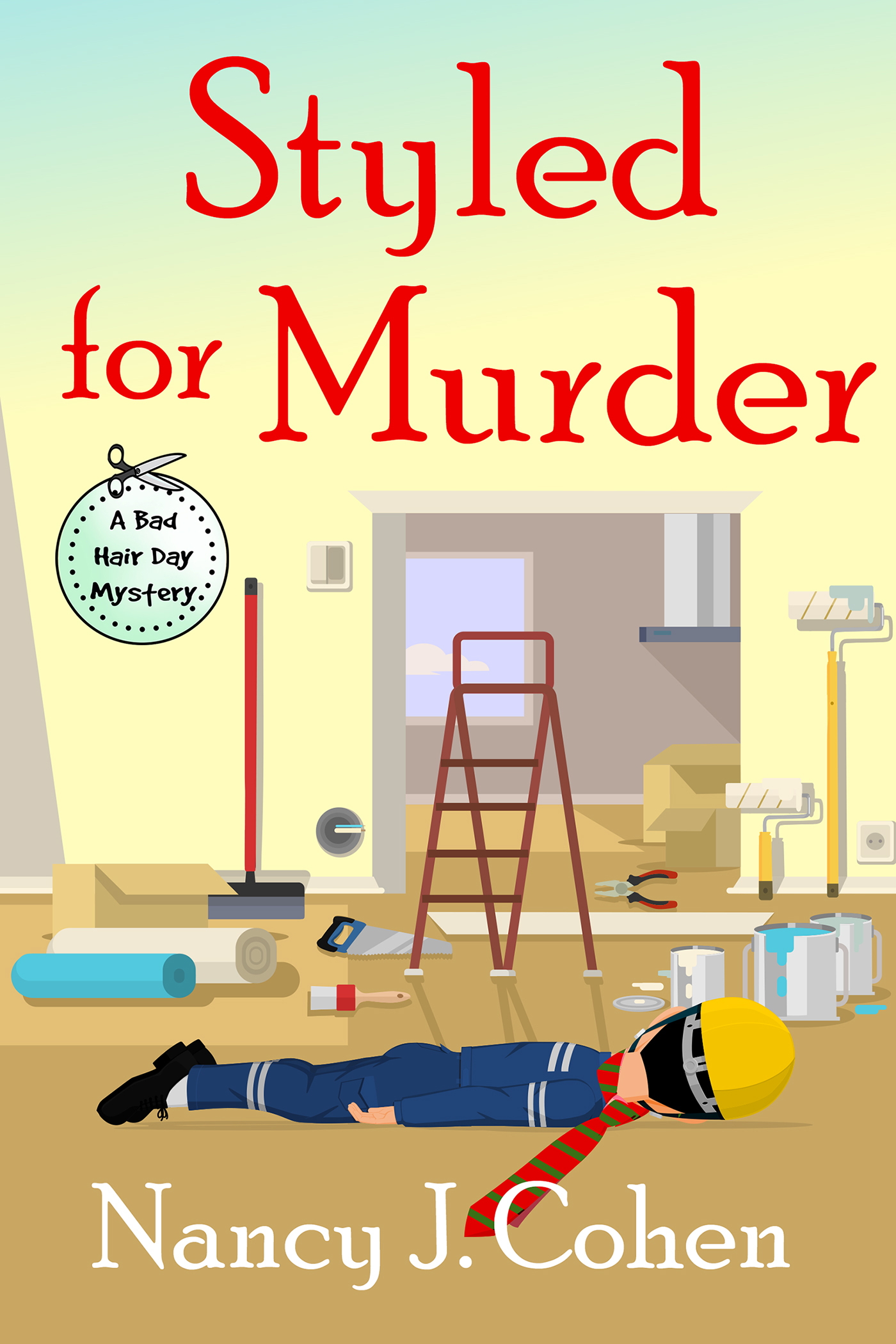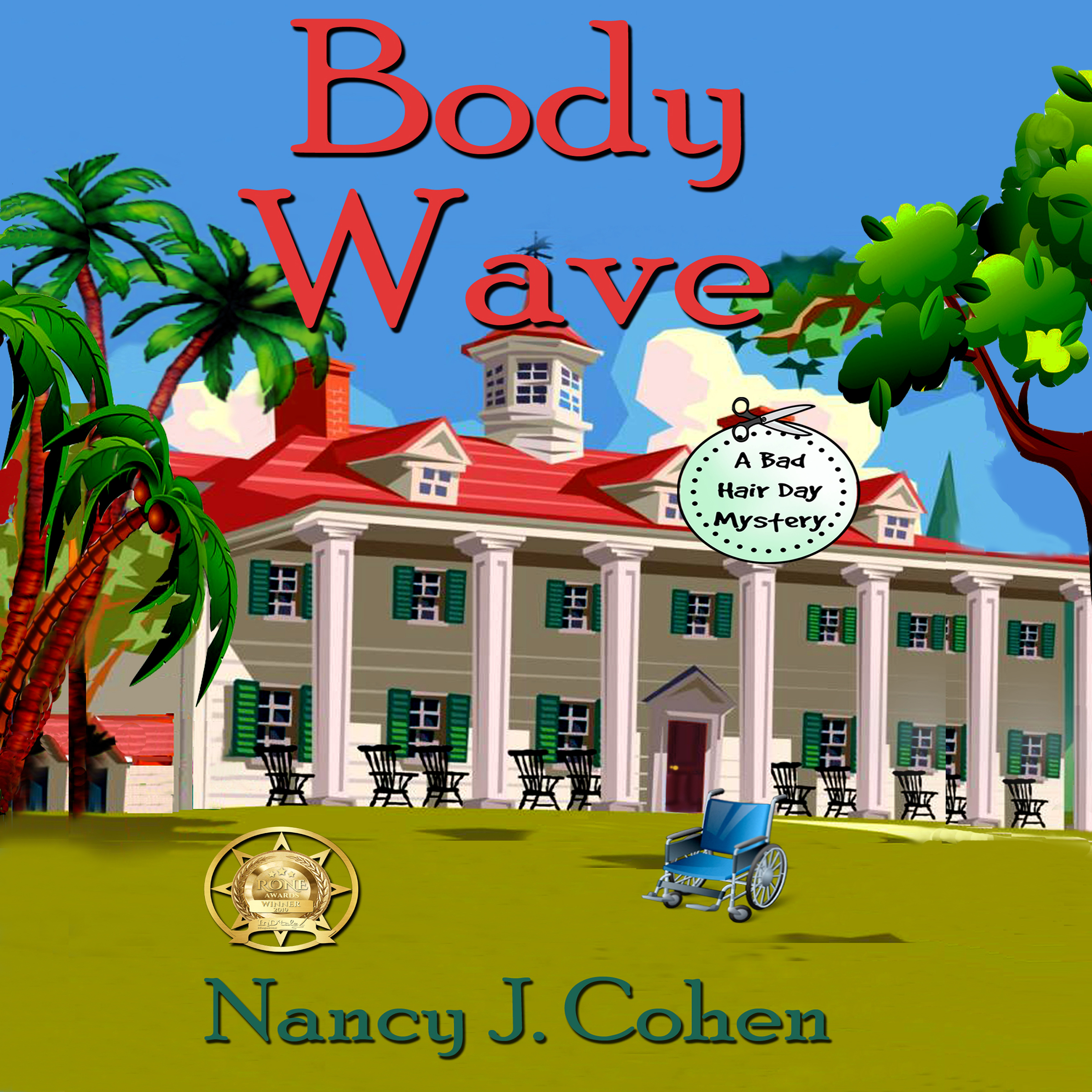Building Reader Loyalty
Barbara Vey was the guest speaker at the February 2014 meeting of Florida Romance Writers.
As Contributing Editor for Publishers Weekly, Barbara Vey brings readers and writers together with her popular Beyond Her Book blog. An avid reader as well as a blogger, Barbara spoke about how authors can build and retain their readership.
“Think in terms of one reader at a time,” she advised listeners. Here are her pointers for gaining and retaining readers. Any mistakes in paraphrasing or interpretation are mine.
Find a common ground with your readers and form a community. How can you do this? By branding yourself. Be consistent with your brand. Use your author name and brand for everything.
“You are your product. You are a business. Act like it.” Avoid religion, politics, or anything controversial so you don’t alienate people.
“Be prepared when you go out in public. Carry copies of your books, bookmarks, and business cards. Talk to people everywhere, i.e. restaurants, bookstores, airplanes, the supermarket. Ask folks what they like to read, get a discussion going, and then mention you’re an author.”
“Visit and comment when people mention you online in tweets, posts, etc. Show that you have noticed and are paying attention.”
If you get a good review or a reader makes a positive comment on your work, be polite and say “I’m so glad you enjoyed my book. Thank you.” But don’t go near a negative reviewer.
Be seen on Goodreads, LinkedIn, Pinterest, Instagram, Twitter, Facebook, YouTube. Talk about fun and interesting things rather than your books all the time. On Facebook, focus on your Author page and not on your personal page.
For unpublished writers, “the time to start marketing is before you publish your book.”
Re advice others will give you: “Listen to what people say and then pick what applies to you.”
“Be yourself. Talk like you’re talking to friends. Be friendly, ask questions, reply and retweet.”
Don’t have someone else do your posts and lie about it. If you have an assistant, for example, have them identify that they are posting on your behalf. Don’t let them pretend to be you.
Use hashtags during TV shows, sports events, elections etc. and tag people with the @ symbol.
Don’t use foul language or talk politics/religion, or you’ll always offend someone.
Map out your plan of action for the day and do what needs to get done.
“Follow people who are fun and who say interesting things” to learn what they do.
Comment. Like. Share. If you Like someone’s FB post, you’ll keep seeing their posts in your newsfeed.
Help each other out. Link to websites in blogs when you mention someone. Everyone MUST have a website. Make sure your About page shows something interesting and unique about you.
Post daily, share yourself, and ask readers their opinions.
“Giveaways are huge.”
Promote others. If you promote them, they’ll promote you. Barbara especially loves the romance community because “everyone helps everyone else.”
If you build your community, readers will come and they will stay.
“If you want to be successful, consider this a career.”
Tell people about your writing and let them make the decision about what they read. Don’t make assumptions, like a guy won’t want to read your book. You never know what will appeal to someone.
What do Readers want?
“Series that pull you in so the characters become like your family.”
“Respect for the reader.”
“Consistent writing.”
“Authors must have a warmness, or at the very least, politeness.”
<><><>
An avid reader, Barbara consumed a book a day before taking on the glamorous life of a roving reporter. Traveling all over the United States to  conferences from Romance to Thrillers, Mysteries to Horror, Historicals to Comic Con, Barbara has even broken through the barrier into the entertainment industry by covering Red Carpet Events and interviewing the likes of Richard Dean Anderson, Joshua Jackson, Joss Whedon, Chris Evans and others. But her love of Romance keeps her grounded while she offers readers a place to step away from life’s daily trials to take a positive journey through the world of books.
conferences from Romance to Thrillers, Mysteries to Horror, Historicals to Comic Con, Barbara has even broken through the barrier into the entertainment industry by covering Red Carpet Events and interviewing the likes of Richard Dean Anderson, Joshua Jackson, Joss Whedon, Chris Evans and others. But her love of Romance keeps her grounded while she offers readers a place to step away from life’s daily trials to take a positive journey through the world of books.
Website: http://barbaravey.com/
Blog: http://blogs.publishersweekly.com/blogs/beyondherbook/
Reader Events: http://www.readerevents.com/
Facebook: https://www.facebook.com/barbaravey
Twitter: @BarbaraVey
If you’re a reader, what do you want from an author?

















